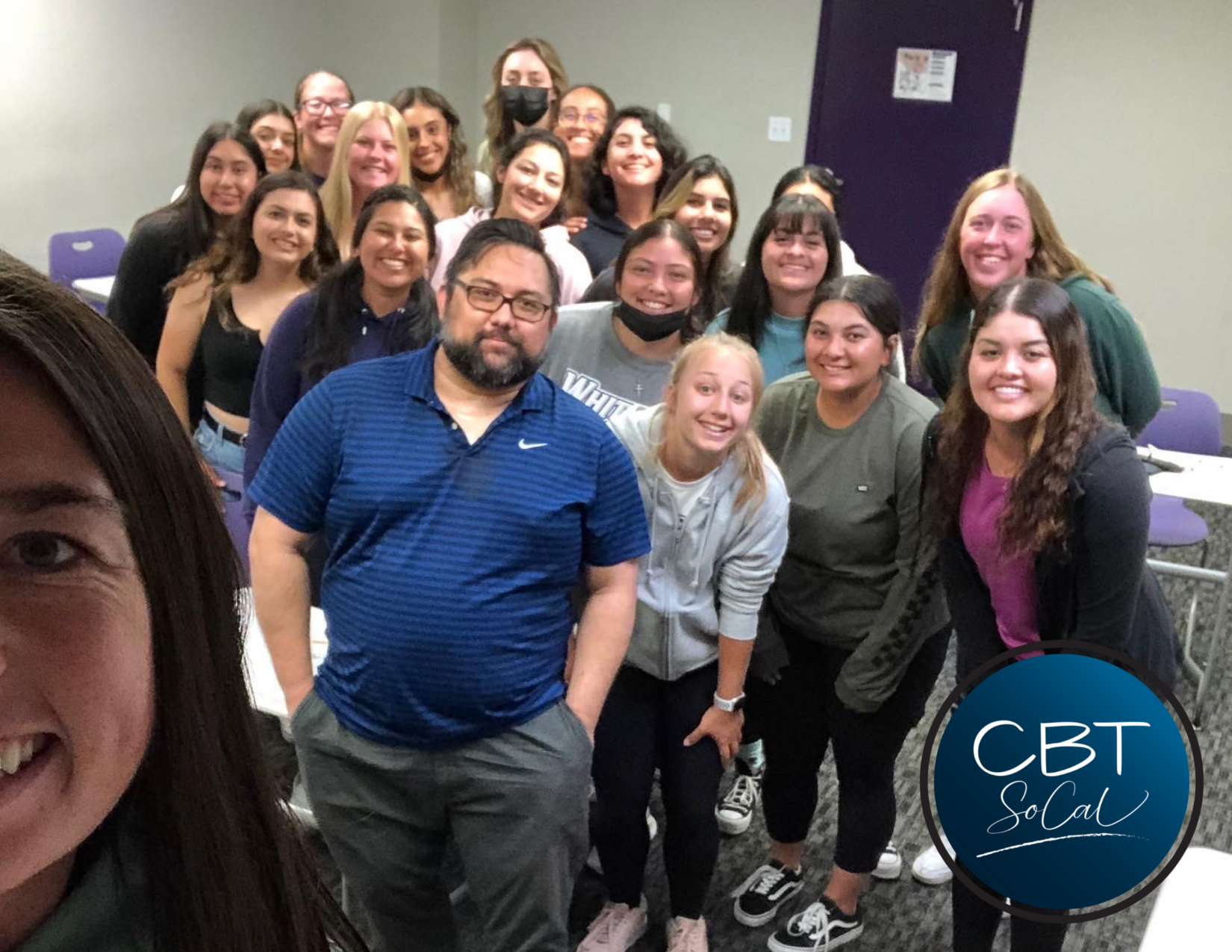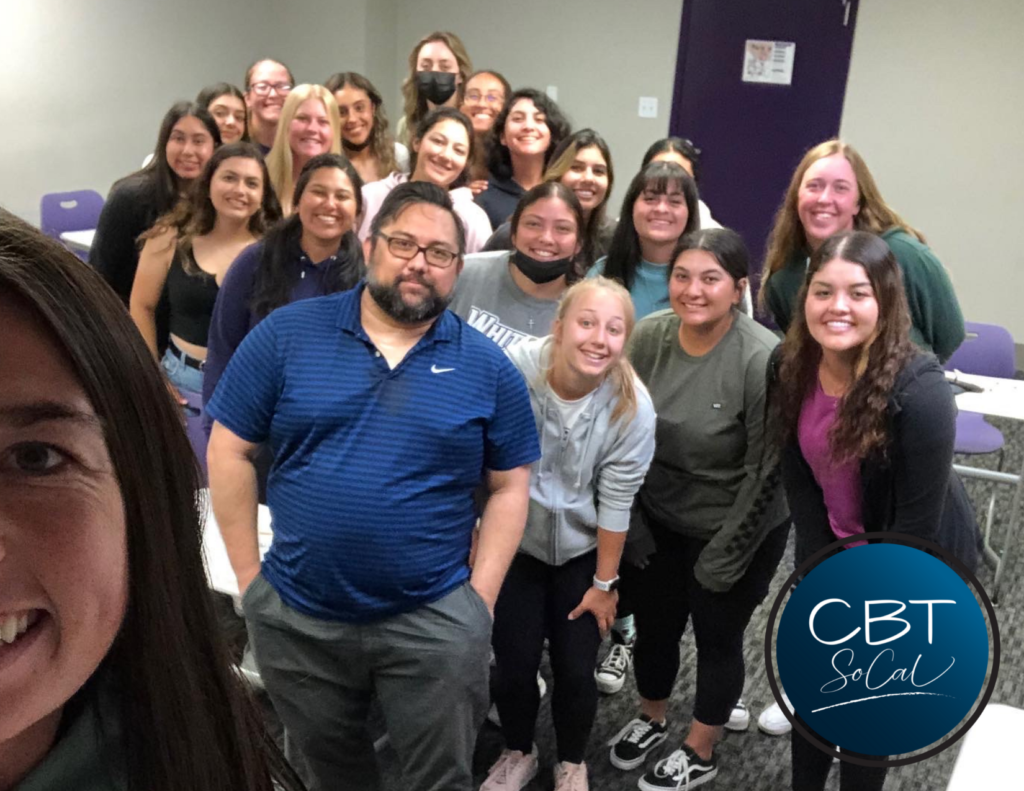CBT SoCal’s Dr. Jason von Stietz provides sport psychology services for Whittier College Athletics


College sports are back in full swing! Since the start of the pandemic in 2020, college sports have either been paused or at risk of being paused. More recently, however, NCAA athletes have had the opportunity to pursue their passion uninterrupted. This has paved the way for CBT SoCal’s Dr. Jason von Stietz to resume his collaboration with Whittier College Athletics. Whittier College is a small private school competing in NCAA Division III as a member of the Southern California Intercollegiate Athletic Conference. Dr. von Stietz was a counselor at their Student Counseling Center for four years before recently collaborating with the Athletic Department as an outside sport psychologist.
How do athletes learn to think in a more helpful way?
Dr. Jason von Stietz provided team building and mental skills trainings for multiple Whittier College teams ( Lacrosse, softball, baseball, and golf). Dr. von Stietz provided psychoeducation related to unhelpful thinking styles. For example, many athletes engage in “all or nothing thinking.” For example, athletes might think that “Second place is the first loser.” This may sound catchy and motivating but can lead people to feel defeated when faced with a setback. Dr. von Stietz worked with the NCAA student-athletes to become more aware of unhelpful thoughts and think in a more flexible and helpful way.
How do athletes learn to perform under pressure?
Dr. von Stietz also helped the athletes to practice performing under pressure. One method of practicing to perform under pressure involves playing an initiative game, which is a type of game involving working together as a team to solve a problem. Dr. von Stietz had the collegiate athletes play games involving stacking hexnuts in a pile using a chopstick. This fun and seemingly silly task allowed the athletes to practice mental skills such as focus, breath control, and teamwork. Dr. von Stietz also had the student-athletes play improvisational comedy games. These games helped them to manage feelings of embarrassment and anxiety while thinking on their feet and focusing on the task at hand.
How effective were the sport psychology sessions?
At the end of each sport psychology session, the student-athletes were asked to complete a brief questionnaire to help evaluate the impact of the session. Many of the athletes had little prior experience with sport psychology before their first session. For example, 71 percent of the players in one of the Whittier College teams had reported that their initial session with Dr. von Stietz was their first exposure to sport psychology. In contrast, the team with the most sport psychology experience had 43 percent of its players report prior exposure.
Overall, the Whittier College athletes found the sport psychology sessions helpful. Athletes were asked to rate each sport psychology session on a scale of 1 to 4 (Not helpful= 1, Somewhat helpful= 2, Helpful= 3, Very helpful= 4). The average rating given was 3.3, which shows that most of the athletes rated the sessions as either “Helpful” or “Very helpful.”
The athletes were also asked to comment, in their own words, on what they learned in the sessions. Some of the common themes reported by the athletes are listed below:
- Focus on one play at a time
- Getting comfortable feeling uncomfortable
- Remembering to breath during stressful moments rather than rush or try to force something
- Trust yourself
- Trust your teammates
- Communicate
- Focus on what you can control
- Let go of what you cannot control
If you think you might benefit from working with a psychologist specializing in sport psychology, contact us to schedule a free phone consultation.




